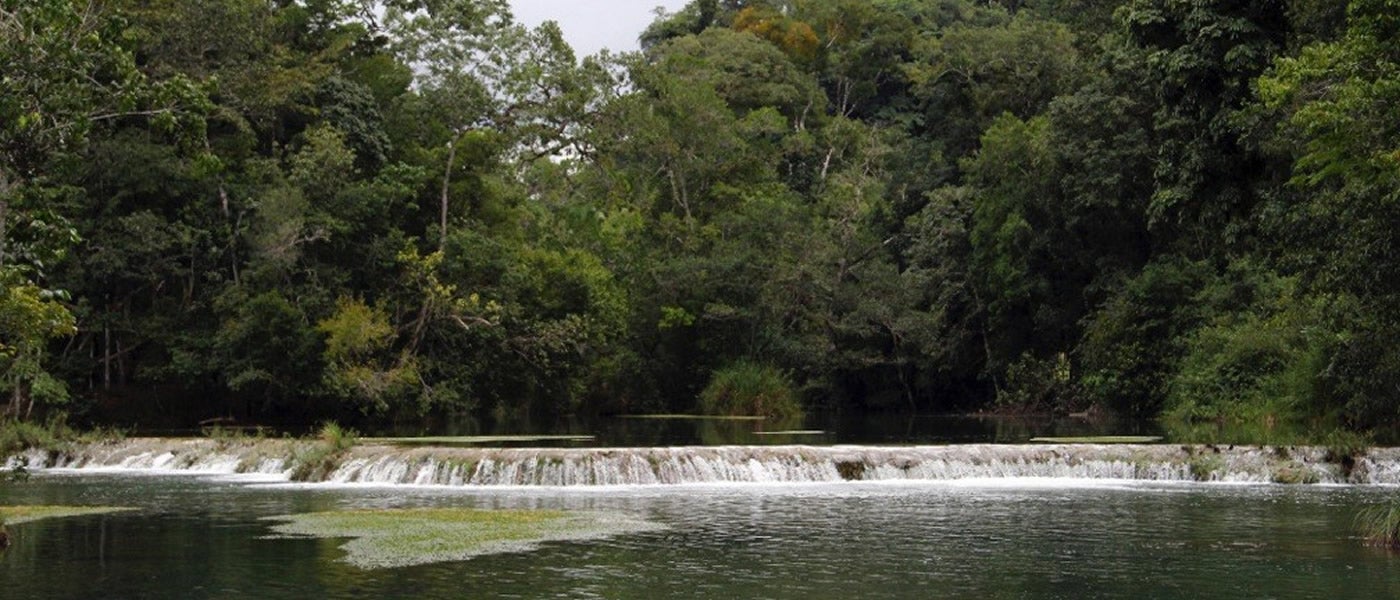 Few weeks ago I was in Georgetown, Washington D.C., reading a newspaper while observing the shoppers walking up and down Wisconsin Ave.
Few weeks ago I was in Georgetown, Washington D.C., reading a newspaper while observing the shoppers walking up and down Wisconsin Ave.
In my slightly arrogant “Pro-Europeanism”, and though acknowledging the tremendous developments of the past few years, I am one of those who blame developers and the Government for the wild and often unhealthy gentrification. However, I was quite impressed to read about “Sustainable DC”, the District Government-led plan to make the city the “the greenest, healthiest, and most livable city in the U.S.” by 2032. As part of this new path, the District is aiming to cut citywide energy use by 50% while increasing the use of renewable energy by 50%; increase use of public transit, biking, and walking to 75% of all commuter trips and achieve zero unhealthy air quality days; increase the area of wetlands by 50%, promoting at the same time a tree-planting campaign, with 6,400 slated to be planted this season alone to create a tree canopy that would cover 40 percent of the city’s surface, which would put D.C. in the top tier of major cities worldwide.
The Plan also includes quite ambitious targets to reduce demands for potable water and increase rainwater reuse, update water-efficiency standards in District building codes and develop incentives for water-efficiency measures. Other targets include the reduction of waste generation by 15%; the re-using of 20% of all construction and demolition waste and the increase of recycling rate (achieve by 2032 a total waste diversion rate – recycling, composting, and conversion – of 80%).
On top of this, the District already has the biggest bike share network in the U.S, and there are already studies on its walkability . Of course, it is to be seen how this ambitious plan will be implemented, considering that much of the District’s economy depends on federal government spending (Sequestration? Does it ring any bells?). Still… If only part of this plan is implemented, I will be officially impressed. Actually, I already am.
Funny enough, when I returned to Georgetown, Guyana, I read about the equally ambitious plan to address the restoration and beautification of the once known “Garden City of the Caribbean” to its former glory (with great focus placed on solid waste management!). The plan has already been green-lighted by the National Assembly for implementation, and four subcommittees have been established following a multi-stakeholder meeting (i.e., Technical Subcommittee, Solid Waste Management Subcommittee, Public Awareness Subcommittee and Resource Mobilisation Subcommittee). The effort wants to go “beyond politics” and reach a shared multi-party and multi-stakeholder consensus. And we as IDB are indirectly contributing to it, through our Georgetown Solid Waste Management Program and our Georgetown Sanitation Improvement Program.

Washington D.C. has come a long way, as witnessed by its recent history , and Georgetown, Guyana, could do just the same. The challenge is up and I really want to be optimistic about this. Of course, Guyana will have to learn from its past and watch out for its ghosts. Not more than 3 years ago, the newspapers were reporting the very same headlines: Govt to return Georgetown to ‘Garden City’…


Leave a Reply